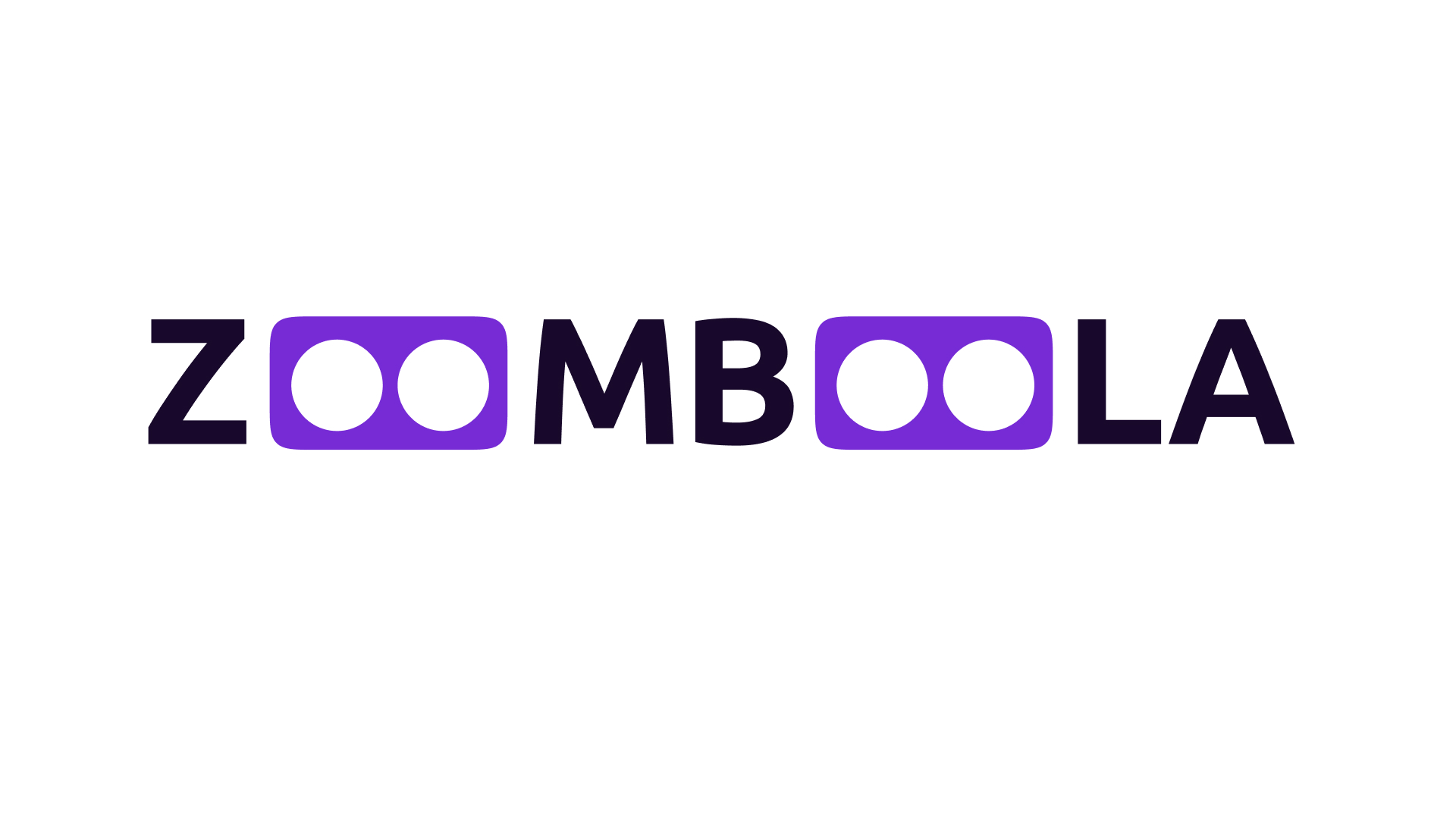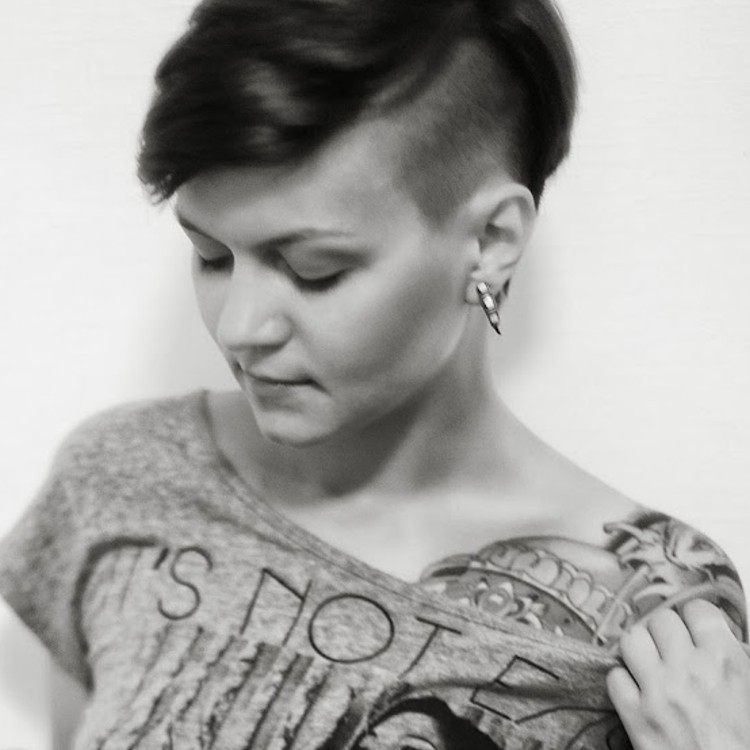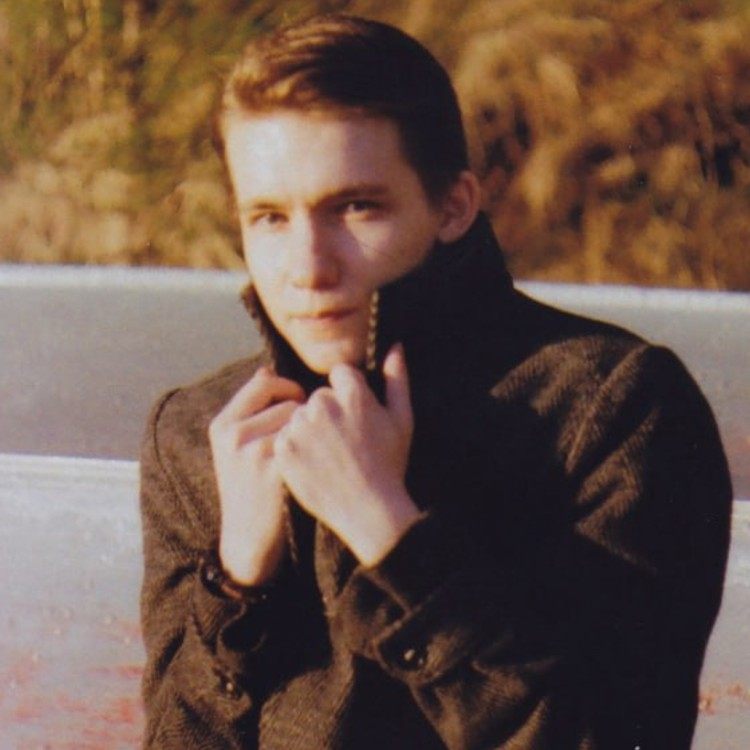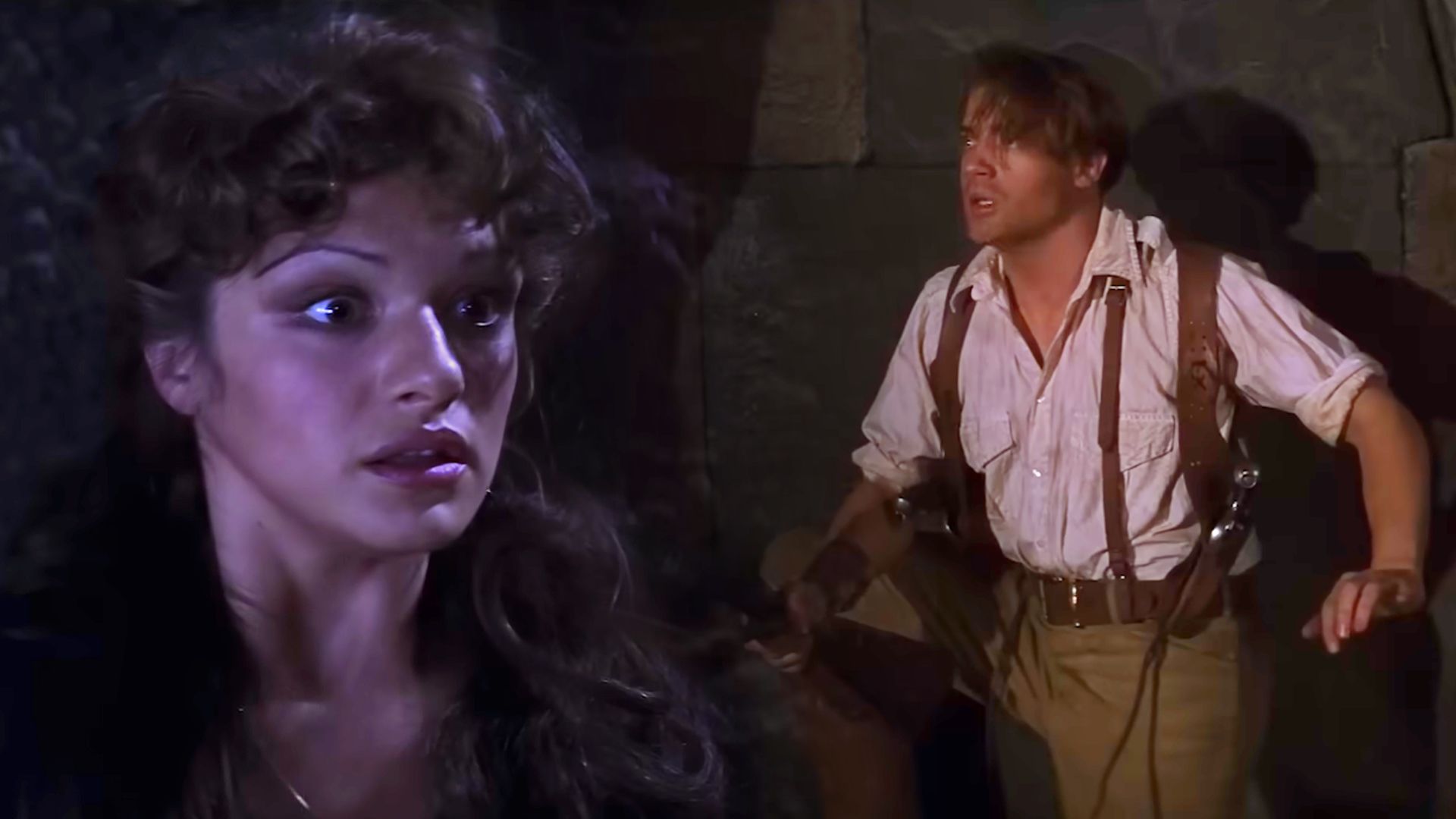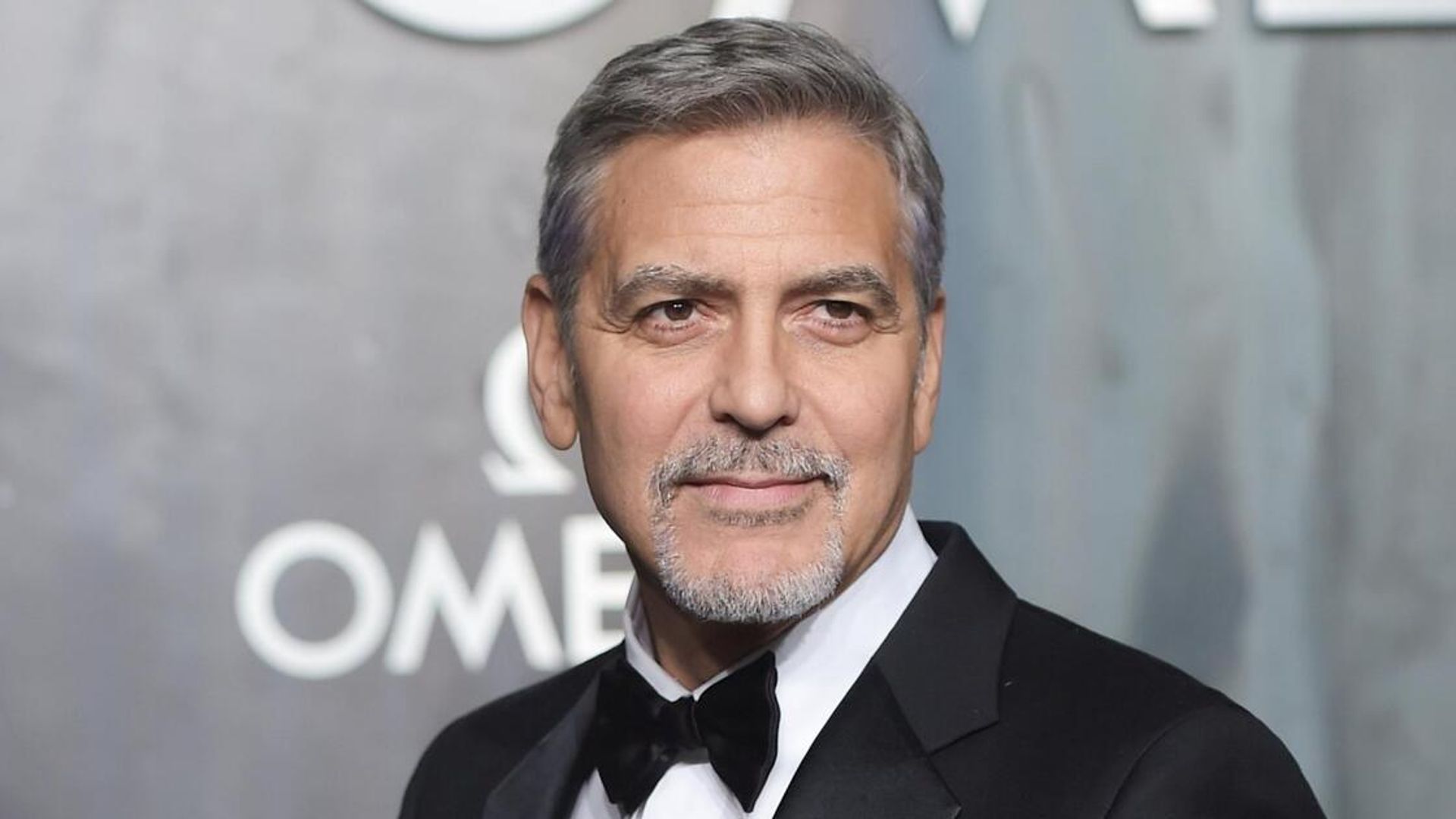To "your" reality. So close you want to pull back. Pretend it's not about you. Or, on the flip side, pull it even closer.
That's exactly how Bong Joon-ho's "Parasite" works — the film that The New York Times recently called the best movie of the 21st century. And I get why. But honestly? I'm still scared to rewatch it.
This isn't just a movie about poor and rich
The plot of "Parasite" sounds almost like a tall tale: a poor family cons their way into a wealthy family's home and gradually takes up more and more space there.But the deeper you dig, the clearer it becomes: this isn't about cunning or class envy. It's about an invisible ladder you'll never climb, no matter how cleverly you maneuver.
According to film critic Mark Johnson from "Awards Daily", the film is
a clever and inventive commentary on the problem of economic inequality in South Korea. The reason this film works is that such a system exists in societies of all countries.
Horror in truth
Usually movies scare you with what might happen. Ghosts, killers, monsters lurking around corners — these are all fears from the world of fantasy. They frighten, but they don't stick around. After the credits roll, you can breathe easy.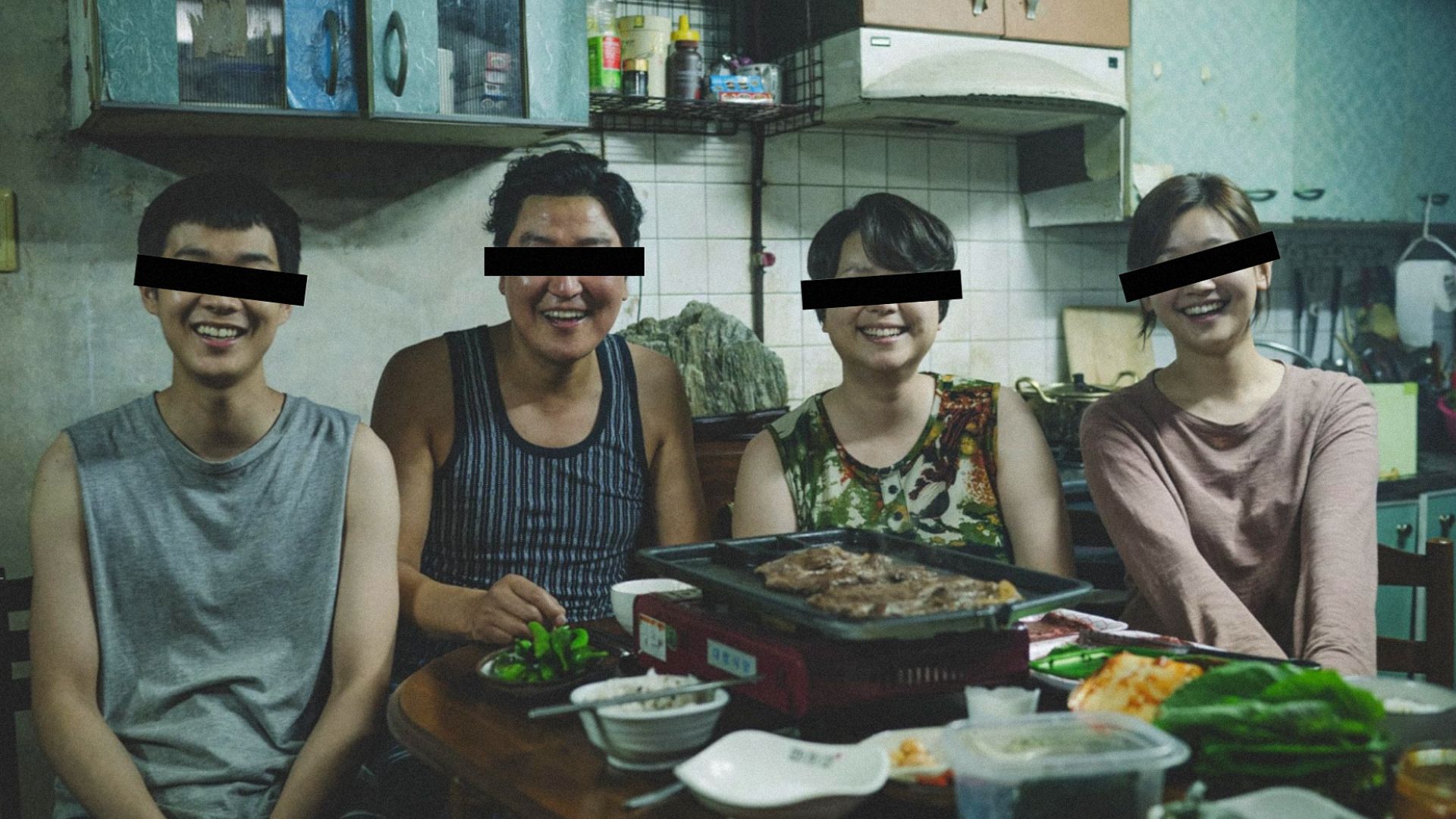
It's the horror of living in a semi-basement where even sunlight is a rare guest. The horror of not knowing how to pay for internet. When your bathroom floods with sewage and there's nothing you can do about it. Hearing rich people wrinkle their noses at your smell — and understanding you're not to blame, but somehow that just makes it worse.
"Parasite" isn't horror — it's social anxiety brought to the screen. And that's why it's scarier than any made-up monster. Because the monster here is reality. And it's not in the closet. It's just the way things are.
Why is it the best?
This is cinema that's not afraid to be awkward, cruel, and funny all at once. It talks about inequality, but not with loud slogans — through uncomfortable dinners, fake resumes, deception for the sake of comfort.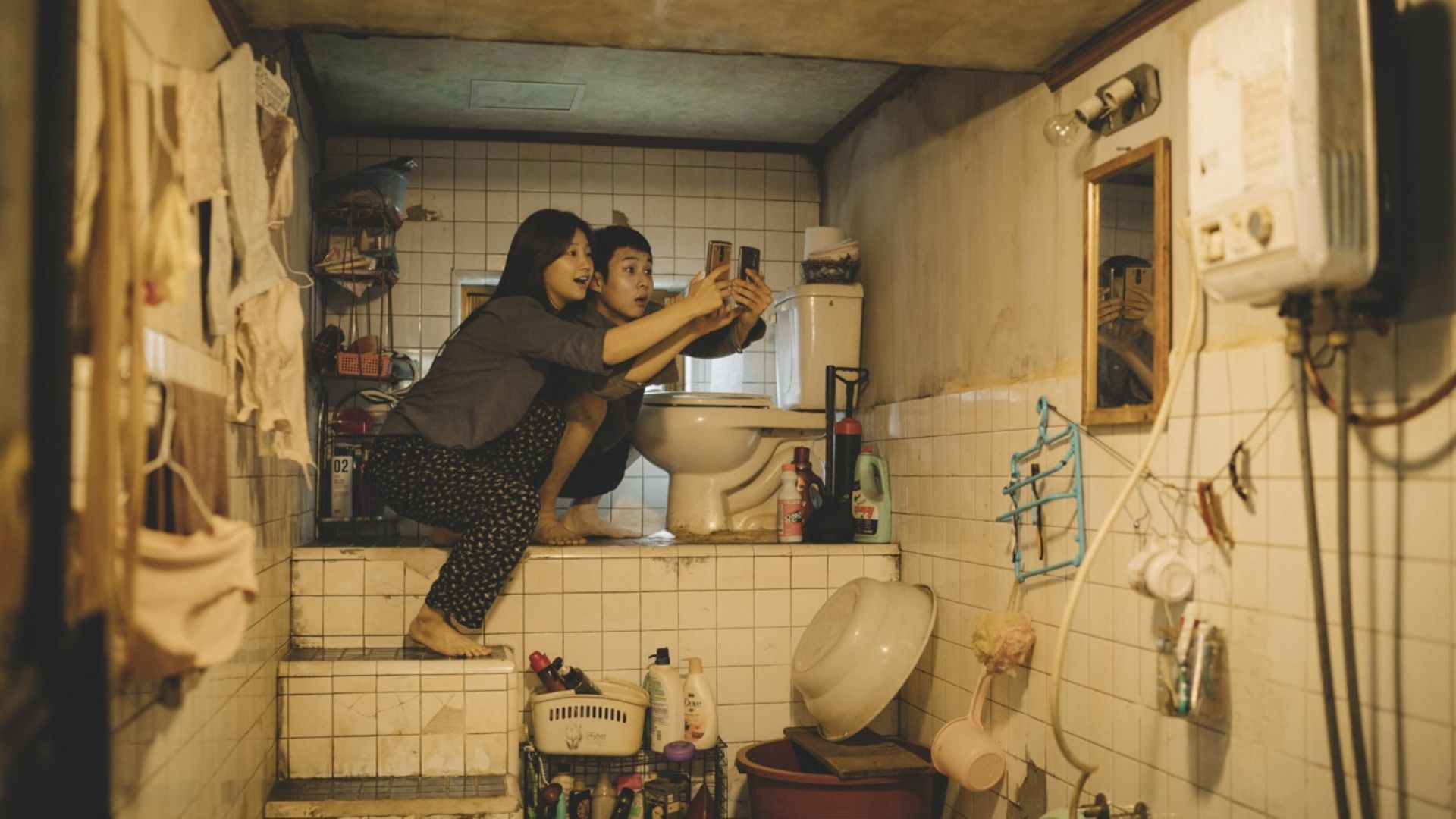
"Parasite" scares because it has no moral. No villain. No right way out. There's only the system. And you're either on top or on the bottom. I didn't grow up wealthy myself, and some scenes hit way too close to home. I felt all of this — and I think I'm not alone.
This film isn't about Korea — it's about the whole world. About how easy it is to end up on the wrong side of the glass door. And how hard it is to get back. Earlier on zoomboola.com, we told you about which film "Anora" star Mikey Madison considers one of the best in history.
